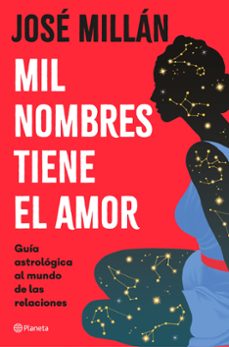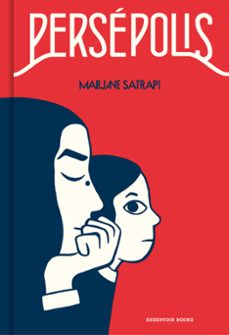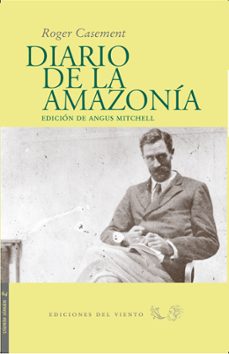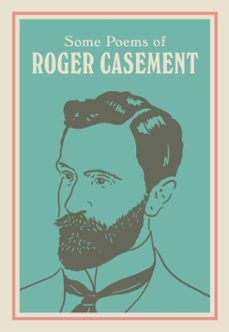Imprescindibles
Más vendidos Libros más leídos eBooks más leídos Todos los libros Todos los libros Autores destacados Series y sagas
Recomendados Libros recomendados Autores destacados Libros que inspiran Vidas con historia LGTBIQ+ English books
Ficción
Literatura Contemporánea Estudios literarios Clásicos Cuentos Poesía Teatro Libros de bolsillo Sagas literarias
Géneros literarios Novela romántica y erótica Novela negra Novela histórica Narrativa fantástica Novela de ciencia ficción Novela de terror Narrativa de humor Narrativa de viajes
No Ficción
Ciencias y tecnología Biología Ciencias Ciencias naturales Divulgación científica Informática Ingeniería Matemáticas Medicina Salud y dietas Formación Idiomas Estilo de vida Libros de Cocina Guías de viaje Narrativa de viajes Deportes Libros de Juegos Manualidades
Humanidades Autoayuda y espiritualidad Ciencias humanas Derecho Economía y Empresa Psicología y Pedagogía Filosofía Sociología Filología Biblioteconomía Estudios filológicos Estudios lingüísticos Estudios literarios Historia y crítica de la Literatura
Infantil
Juvenil
#Jóvenes lectores Narrativa juvenil Clásicos adaptados Libros Wattpad Libros Booktok Libros de influencers Libros de Youtubers Libros Spicy Juveniles Libros LGTBIQ+ Temas sociales Libros ciencia ficción Libros de acción y aventura Cómic y Manga Juvenil Cómic Juvenil Manga Shonen Manga Shojo Autores destacados Jennifer L. Armentrout Eloy Moreno Nerea Llanes Hannah Nicole Maehrer
Libros de fantasía Cozy Fantasy Dark academia Hadas y Fae Romantasy Royal Fantasy Urban Fantasy Vampiros y hombres lobo Otros Misterio y terror Cozy mistery Policiaca Spooky Terror Thriller y suspense Otros
Libros románticos y de amor Dark Romance Clean Romance Cowboy Romance Mafia y amor Romance dramatico Romcom Sport Romance Otros Clichés Enemies to Lovers Friends to Lovers Hermanastros Slow Burn Fake Dating Triángulo amoroso
Cómic y Manga
Novela gráfica Novela gráfica americana Novela gráfica europea Novela gráfica de otros países Personajes, series y sagas Series y sagas Star Wars Superhéroes Cómics DC Cómics Marvel Cómics otros superhéroes Cómics Valiant
eBooks
Literatura Contemporánea Narrativa fantástica Novela de ciencia ficción Novela de terror Novela histórica Novela negra Novela romántica y erótica Juvenil Más de 13 años Más de 15 años Infantil eBooks infantiles
Humanidades Autoayuda y espiritualidad Ciencias humanas Economía y Empresa Psicología y Pedagogía Filosofía Historia Historia de España Historia Universal Arte Cine Música Historia del arte
Ciencia y tecnología Ciencias naturales Divulgación científica Medicina Salud y dietas Filología Estudios lingüísticos Estudios literarios Historia y crítica de la Literatura Estilo de vida Cocina Guías de viaje Ocio y deportes
Roger Casement
Recibe novedades de ROGER CASEMENT directamente en tu email
Filtros
Del 1 al 6 de 6
Ediciones del Viento, S.L. 9788496964822
En los primeros años del pasado siglo numerosas noticias van llegando a Londres sobre las atrocidades que una empresa británica, la Peruvian Amazon Company, extractora de caucho, está cometiendo en la región amazónica del Putumayo. Cuando se organiza una misión comercial, Roger Casement, que entonces era cónsul en Río de Janeiro y se encontraba de vacaciones en Inglaterra, es designado por el Foreign Office para acompañar a los comisionados. Su misión secreta era elaborar un informe sobre las denuncias recibidas. Así, en julio de 1910 parte hacia Belém do Pará y, vía Manaos, a Iquitos, desde donde se internará en la vasta región amazónica. Este libro relata lo que el cónsul vio en las siguientes diez semanas.
Ver más
Tapa blanda
Everest Media LLC 9798330013890
In the annals of Irish history, Roger Casement stands as a complex and enigmatic figure. A British diplomat, humanitarian, and Irish nationalist, Casements life was marked by both triumph and tragedy. This collection of his poems, written during his time in prison awaiting execution for treason, offers a glimpse into the mind of a man grappling with his fate and the complexities of his own identity. Through lyrical verse, Casement explores themes of love, loss, and the indomitable spirit of the Irish people.
Ver más
Audiolibro
Roger Casement y HEWITT, SEAN
New Island 9781835940143
Originally published in 1918 by the Talbot Press in Dublin, two years after his execution by the British Government for his involvement in the 1916 Easter Rising, Some Poems of Roger Casement has long been a collectors item. In life and in death, Roger Casement appears to contain many contradictions: decorated British diplomat, Irish Protestant and martyred Irish nationalist. He was a humanitarian, essayist and sometime poet, a public gentleman and a private lover.Over the years, Roger Casements ghost has been the subject of endless controversies, co-opted into both the queer liberation movement in Ireland and the Republican movement. Predator or saviour, traitor or hero, maligned martyr or gay icon? The question depends on who you ask, and what aspects of Casements life they choose to hold in focus, or to dismiss as a lie. SEAN HEWITTIncludes a specially commissioned introduction by Sean Hewitt as well as the original 1918 introduction, written by Casements cousin, Gertrude Parry.
Ver más
eBook
Del 1 al 6 de 6




























